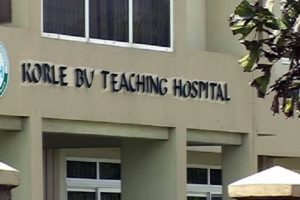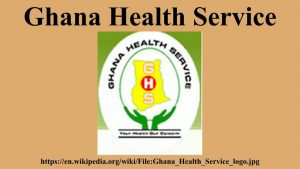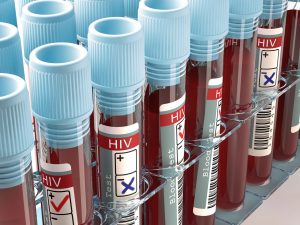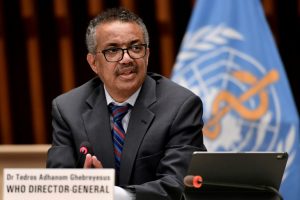Ghana will be taking stock of the COVID-19 vaccines by the close of this week.
This is contrary to earlier assurances by the government that the vaccines will arrive on Monday, February 22, 2021.
Speaking on Eyewitness News, the Programme Manager of the Expanded Programme on Immunization of the Ghana Health Service, Dr. Kwame Amponsa-Achiano said, the arrival of the vaccines has delayed due to documentation and various requests by different countries.
“We have indications that by close of the week, we will get the vaccine, so we are just waiting for the documentation which we are likely to get by close of business today. So from 6 pm thereabout we will be able to tell exactly the date and time of arrival but definitely before the end of the week.”
“We will need an airway bill, batch release certificates, a commercial invoice, packing list and a certificate of analysis. Of course, we will also be needing a purchasing order. That is what we are waiting for,” he told the host of Eyewitness News, Umaru Amadu Sanda.
Mr. Amponsa said the expected vaccines will come from the COVAX facility.
“They are coming from India, but this [particular consignment] is from the COVAX facility. The COVAX facility will give us vaccines through the UNICEF conduit and the headquarters for the supply division of UNICEF is in Copenhagen. That is why I made reference to Copenhagen.”
On whether Ghana was paying for the vaccines, Dr. Amponsa-Achiano said, COVAX “is supplying us vaccines for 20% of our population free of charge.”
He said Ghana will also pay for some of the vaccines.
“COVAX is giving us about 12.4 million, African Union is giving us almost 8 million, we have the Tony Blair Foundation and other bilateral agencies giving us some vaccines. So we have a deficit of about 12 to 13 million. And so I know the Minister of Health is working with partners on this. And the vaccines are not going to be supplied within a week or two. I’m sure that come close to the year, we should have made some inroads,” he added.
‘Segmented Population’
He explained that the distribution of the first batch of COVID-19 vaccines will primarily focus on a “segmented population”.
This segmented population, according to Dr. Amponsah-Achiano, includes persons with underlying conditions and health workers.
He explained that these persons need to be vaccinated first because they are at a higher risk of either contracting the virus or succumbing to it.
“The distribution plan is well laid out. We are looking at different groups. Those who are at most risk – frontline health workers and people with underlying conditions. We have also done some segmentation. We are hopeful that we will get more in addition so eventually, we will go nationwide but for now, only a segmented population will get access.”
Dr. Amponsah-Achiano said government officials will also have access to the first doses of the vaccines to boost public confidence.
The Food and Drugs Authority has approved the AstraZeneca and Sputnik V vaccines for use in Ghana.
The government has also considered Moderna, Pfizer and Johnson & Johnson vaccines.
It has already indicated that it had plans to purchase 350,000 doses of the AstraZeneca by the end of February.
The vaccination target is 20 million persons.
The Minister-Designate for Information, Oppong Nkrumah earlier said there will also be public sensitisation campaigns by the Local Government Service, Ministry of Health, Ghana Health Service, National Commission for Civic Education and Information Services Department to educate the public on the vaccination.
The Greater Accra, Ashanti and Western regions will receive priority in the rollout because of the prevalence of infection in these areas, according to the Ghana Health Service.






